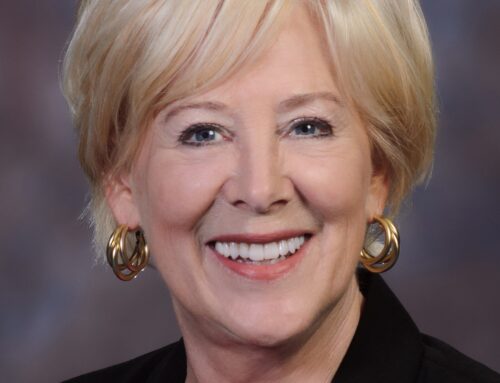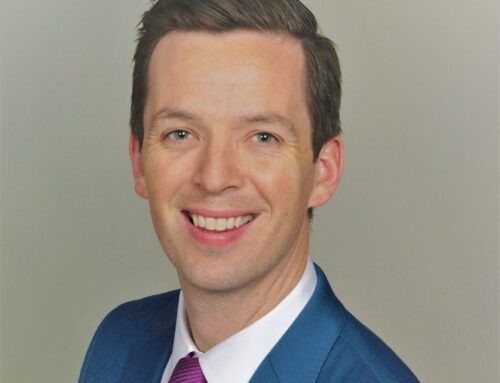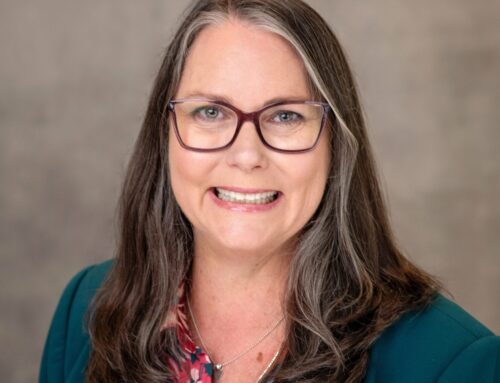“Out beyond ideas of wrongdoing and rightdoing, there is a field. I’ll meet you there.”
Amanda Ripley’s 2021 book, “High Conflict,” begins with this quote from the 13th-Century poet Rumi. It is a quote that shapes the book. The concept is that engagement in positive conflict is a willingness to go beyond an either/or proposition that is laden with emotion. It is not finding agreement between right and wrong. It is going beyond.
Conflict is unfortunately a part of our lives. It exists within families, communities, and in many aspects of both our personal and working lives.
Conflict is also multi-dimensional. As Ripley’s work highlights, conflict is an immersive process that consumes both the internal and external worlds of each participant. And it is not straightforward. Ripley cites three governing paradoxes.
- We are animated by high conflict and also haunted by it. We want it to end, and we want it to continue.
- Groups bring obligations, including the duty to bring harm, or, at other times, the obligation to do no harm, to make peace.
- No one will change in ways you want them to until they believe you understand and even accept them for who they are right now. (And sometimes not even then.)
Ripley also discusses the profit-seeking ‘fire starters’ and structural factors that fuel unproductive conflict. Our culture’s tendency to polarize issues in binary choices can exacerbate the problem, leaving little room for productive engagement.
To address this, Ripley advocates for active listening to comprehend, not simply to hear, and to discover and understand the ‘understory.’ Without understanding, there is no path to engagement.
Curiosity is an essential part of active listening. Curiosity brings questions, and, with it, new information and new questions, rather than conclusions. Finding out why someone has taken a position and their perspective can take oxygen away from the conflict, making engagement that much more possible. It also marginalizes the ‘fire starters’.
In a counter to our popular belief, just spending time with those with whom you disagree and being exposed to opposing views will not, on its own, lead to a resolution. Rather than thinking the engagement itself will yield agreement; the involvement should focus on the complexities and range of possible solutions. Again, counter to popular belief, it is important to think beyond a simple compromise as it often leads to resentment.
Ripley also highlights the influence of moral and political concepts on ideology, referencing Haidt’s six key concepts: care, fairness, liberty, loyalty, authority, and sanctity. Democrats value the first three, while Republicans the second three. These foundational concepts drive how each sees the world.
What does this mean to the education community? It means that we need to communicate how these moral passions shape beliefs if we are to move beyond conflict based solely on winning and losing and not substance or need.
To break the cycle of conflict schools or districts can:
- Promote understanding and problem-solving as strengths, not surrender.
- Encourage discussions that explore the complexity of an issue before proposing a decision that calls for a yes/no vote.
- Foster curiosity to deter ‘fire starters.’
- Listen to the stories of those who feel unheard, uncovering deeper backgrounds.
- Avoid oversimplifying problems or using insensitive materials.
So, can we all meet in a place beyond a right and wrong dichotomy? Yes, says Ripley, but it requires a deliberate effort and a shift in how we view both conflict and our own sense of there only being a right or a wrong.
–written by Richard Long, Executive Director of the Learning First Alliance
Ripley, A. (2021). High Conflict: Why We Get Trapped and How We Get Out. Simon & Schuster.
Haidt, J. (2012). The Righteous Mind: Why Good People Are Divided by Politics and Religion. Pantheon Books.




